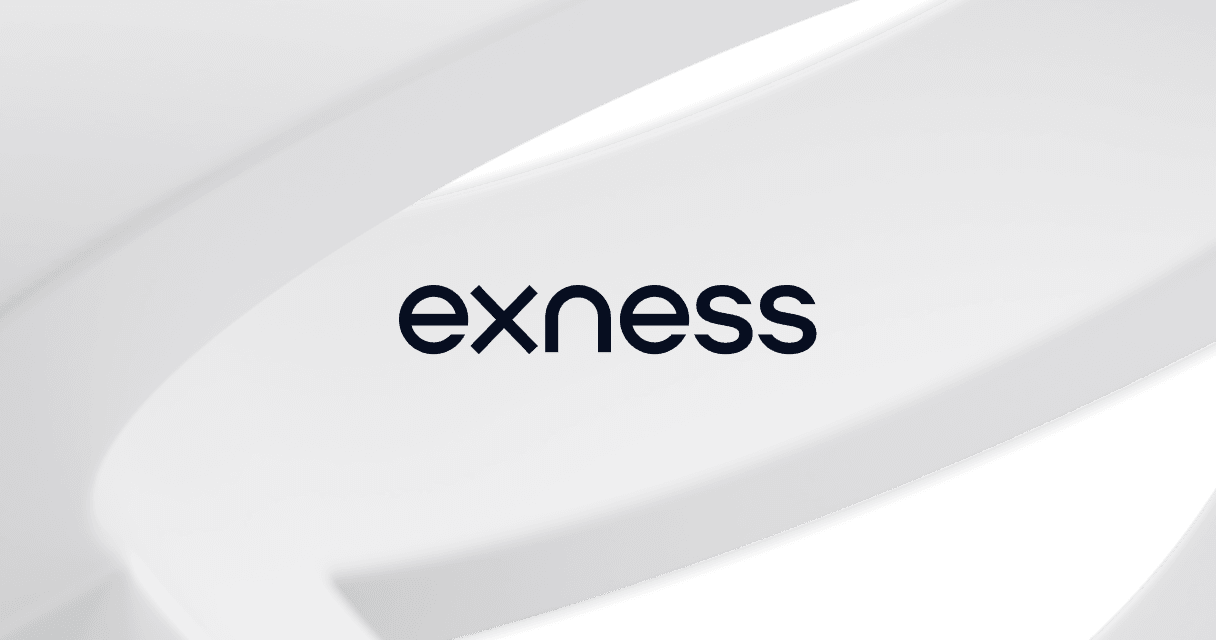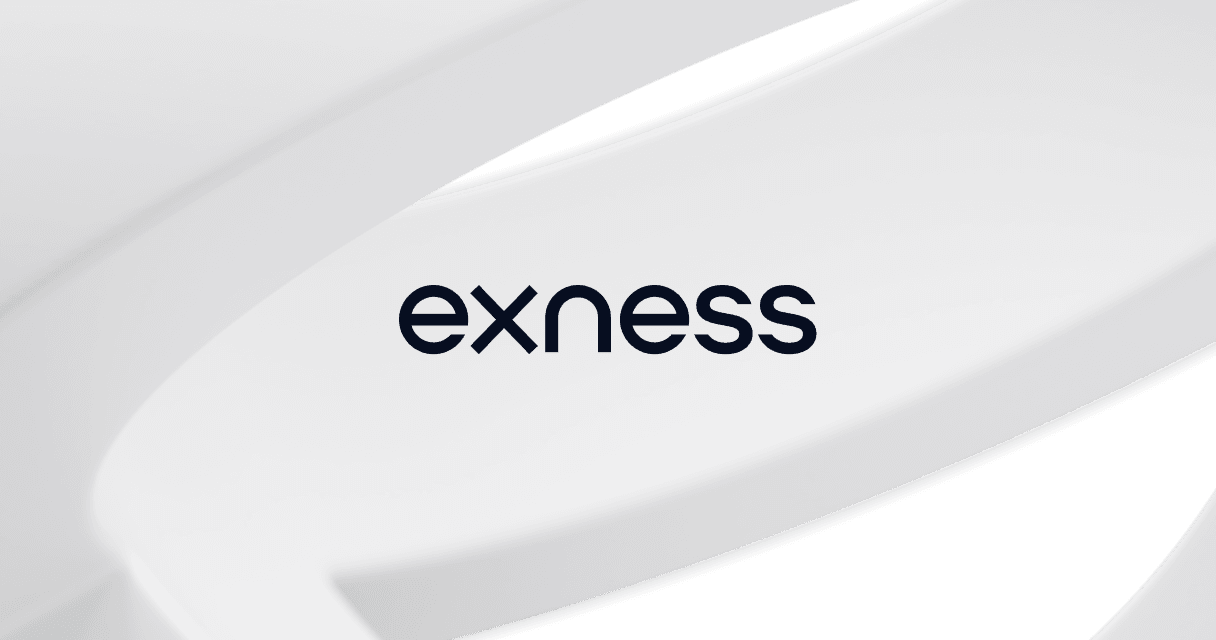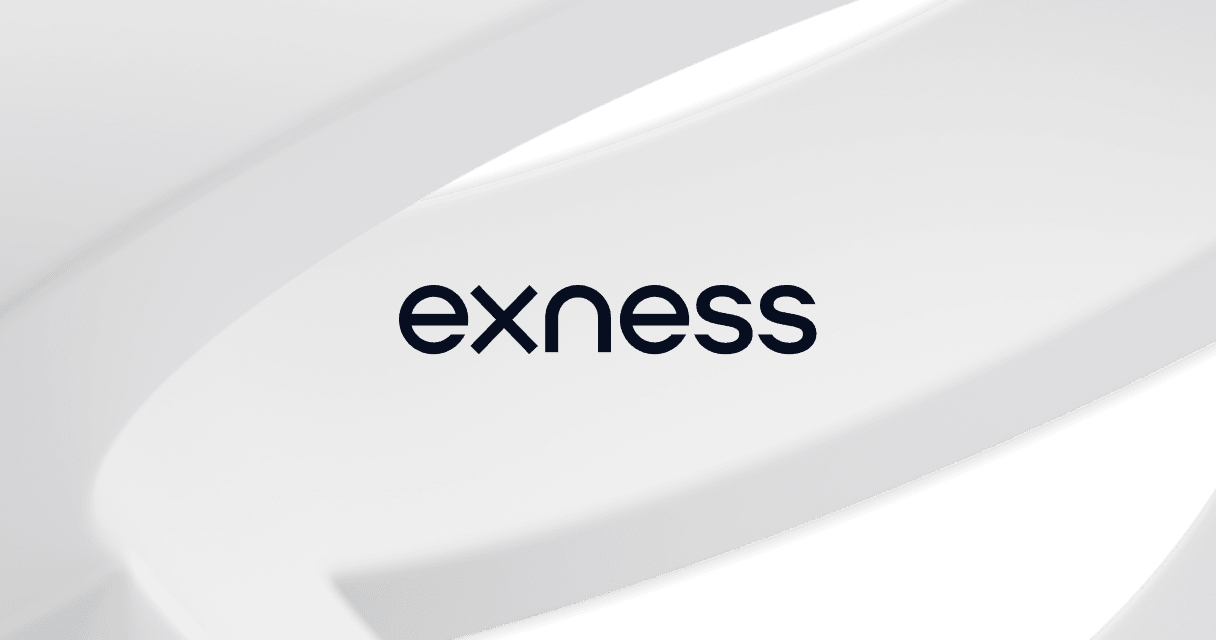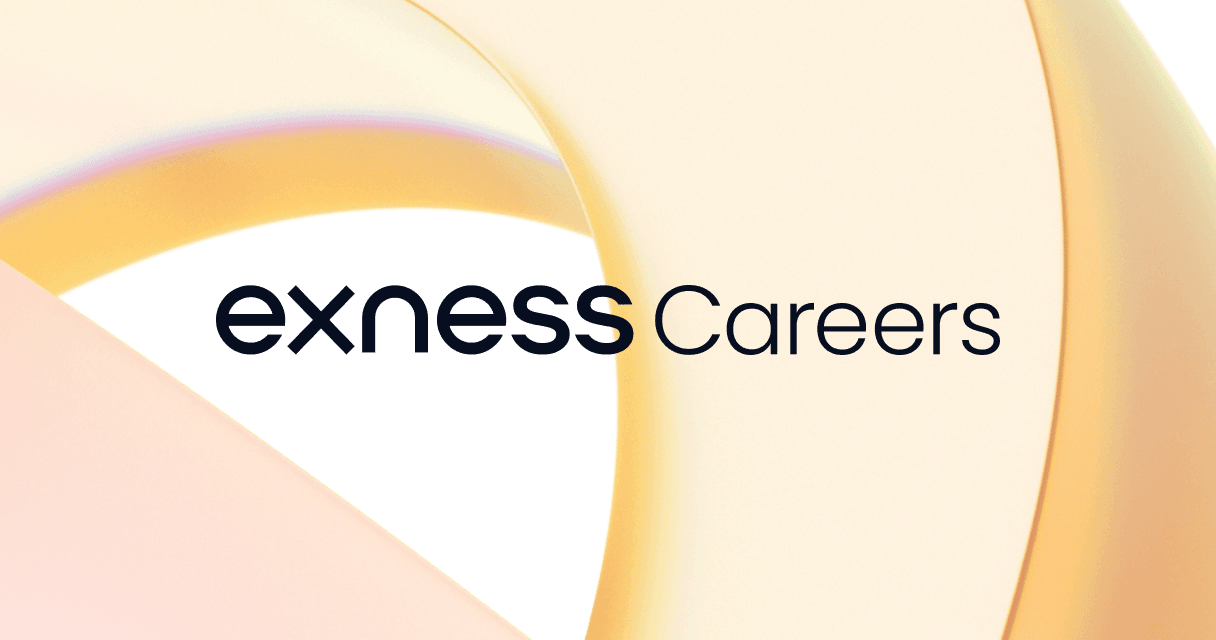Leverage is a widely discussed feature in the trading world, especially among Exness traders. But what exactly is leverage, how does it work, and why is it so crucial for your trading strategy? In this guide, we’ll break down everything you need to know about Exness leverage to help you navigate the financial markets with confidence.
What Is Leverage in Trading?
Leverage allows traders to control a larger position in the market with a smaller amount of capital. Essentially, it means borrowing funds from your broker to amplify your trading power. At Exness, leverage is one of the defining features that has helped many traders execute trades beyond their initial deposit amounts.
For example, with a leverage ratio of 1:100, you can control $10,000 in the market by only depositing $100 as your margin. This magnifies both potential profits and potential losses, making it essential to fully understand how leverage functions.
How Leverage Works at Exness
Exness provides traders with flexible leverage options to suit their individual trading styles and strategies. Here’s how it works:
-
Leverage Ratios: At Exness, traders can choose from a range of leverage ratios, such as 1:2, 1:30, and even up to 1:2000, depending on the market and account type. This flexibility allows traders to align leverage with their risk tolerance and goals.
-
Margin Requirement: Leverage and margin are closely related. The margin is the amount you need to deposit to maintain your leveraged position. For example:
- A 1:50 leverage ratio requires a margin of 2%.
- A 1:200 leverage ratio requires a margin of 0.5%.
Understanding the margin requirement helps you avoid margin calls and unnecessary risks.
-
Dynamic Leverage: Exness also implements dynamic leverage, which adjusts based on your trading volume or the specific financial instrument being traded. This ensures a balance between opportunity and risk management.
“When using leverage, traders must remember that larger positions come with increased responsibility. Managing leverage effectively is key to long-term success,” says Lisa Robertson, a financial analyst and trading educator at Exness.
Benefits of Using Exness Leverage
Leverage can be an incredibly powerful tool when used strategically. Here are some specific advantages:
- Amplified Trading Power: Maximize market exposure with minimal capital.
- Flexibility in Risk Management: With Exness, you can tailor your leverage level to match your trading strategy.
- Access to Diverse Markets: Trade forex, commodities, indices, and more with ease thanks to Exness’ wide offering of leveraged products.
- No Negative Balance Risk: Exness protects traders with negative balance protection, ensuring you never lose more than your deposit.
Risks of Leverage and How to Mitigate Them
While leverage can amplify profits, it also increases risks. Here’s how to mitigate the potential downsides:
-
Risk Management Tools: Always use tools like stop-loss and take-profit orders to limit losses and lock in gains.
-
Start Small: If you’re new to trading with leverage, start with a low ratio, like 1:20 or 1:30.
-
Monitor Your Account Balance: Keep an eye on your equity to avoid margin calls.
-
Gain Knowledge: Regularly educate yourself about market conditions and leverage mechanics.
“Leverage shouldn’t be seen as an automatic profit multiplier. It’s a double-edged sword that requires skill, discipline, and proper education,” advises Michael Tran, a senior market strategist at Exness.
Comparing Leverage Across Exness Accounts
Exness offers multiple account types, each with varying leverage settings. Below is a quick comparison:
| Account Type | Maximum Leverage | Recommended For |
|---|---|---|
| Standard Account | Unlimited | Beginners and general traders |
| Pro Account | 1:2000 | Experienced traders |
| Zero Account | 1:2000 | Traders focused on zero spreads |
| Raw Spread Account | 1:2000 | Professional traders seeking raw spreads |
Note: Unlimited leverage is subject to certain conditions, such as account balance and trading volume.
 Understanding leverage ratios at Exness
Understanding leverage ratios at Exness
Step-by-Step Guide to Adjusting Your Leverage on Exness
- Log in to your Exness Personal Area.
- Select the trading account where you want to adjust leverage.
- Navigate to the “Settings” section and click “Leverage.”
- Choose a leverage ratio that suits your trading strategy (e.g., 1:50, 1:500, etc.).
- Confirm and save your selection.
It’s that simple! Moreover, Exness allows you to change leverage settings at any time, providing unmatched flexibility.
Pro Tips for Trading with Exness Leverage
Here are a few expert tips to help you maximize leverage efficiently:
- Leverage higher ratios (e.g., 1:1000 or above) only for high-conviction trades with tight stop-loss orders.
- Diversify your portfolio to spread potential risks.
- Keep an eye on economic calendars to avoid high-leverage positions during major news releases.
“Focus on consistent risk-reward ratios. Even with high leverage, always aim for trades where your potential reward outweighs your risk,” suggests Sarah Kim, a forex trading coach at Exness.
Conclusion
Leverage is a game-changer for traders on Exness, offering unparalleled opportunities to maximize potential returns. However, it’s crucial to approach leverage with caution and a well-thought-out strategy. By understanding how Exness leverage works, utilizing risk management tools, and continually educating yourself, you can optimize your trading experience.
Ready to take your trading to the next level? Open an account with Exness today and explore the benefits of flexible leverage tailored to your needs.
Frequently Asked Questions (FAQ)
1. What is the maximum leverage offered by Exness?
Exness offers leverage up to 1:2000 on certain accounts and even unlimited leverage for eligible traders.
2. Is leverage suitable for beginners?
Yes, but beginners should start with low leverage ratios (e.g., 1:20) to minimize risk while learning.
3. Can I change my leverage settings after opening a trade?
No, leverage adjustments apply only to new positions. Existing trades will retain the leverage setting used when opened.
4. What is negative balance protection?
Negative balance protection ensures that you cannot lose more than your deposited funds, even in volatile market conditions.
5. What financial instruments can I trade with leverage on Exness?
You can trade forex, commodities, indices, cryptocurrencies, and more.
6. Does unlimited leverage have specific requirements?
Yes, unlimited leverage is generally available for trading accounts with small balances or specific trading volumes.
7. Where can I learn more about using leverage?
Exness provides educational resources, including webinars, tutorials, and a dedicated Help Center to assist traders of all levels.



